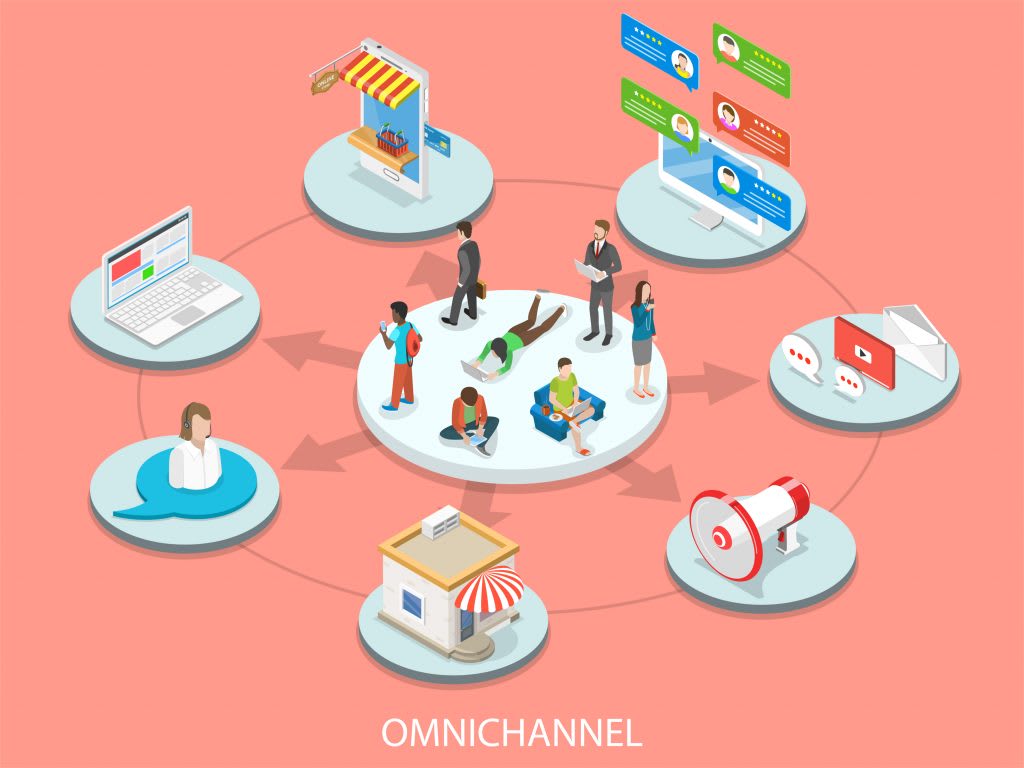The Essential Guide to Ethical Advertising in Modern-Day Marketing
On Ethical Advertising

Adhering to specific rules and values is essential to ensure ethical advertising and protect audience segments. We live in a world that exists on the high of cutting-edge advancements. To remain competitive, stay knowledgeable and skilled in current market trends. Companies need to invest in modern-day technologies and practices that pave the way for growth of the company. Strategizing your promotional and branding techniques can leverage your sales and help you attain your desired results. In the era of digitization, marketing has become even more consumer-oriented than before. About different definitions of marketing, the perception of new-age marketing is often subjective.
New-age marketing combines modern-day technologies and broadcasting mediums to create a balance between satisfying consumers and contributing to society. Amidst the COVID pandemic, the world experienced social isolation while staying connected to the global community through virtual means. The marketing industry has been rapidly growing in the digital space, catering to millions of brands' online presence. Modern-day marketing techniques have undergone considerable changes from the traditional methods that were once limited to simpler activities. Creativity is increasing in marketing due to technological advancements in ethical advertising.
The new-age ethical advertising practices
1)AI marketing- With the modern-day technological revolutions, artificial intelligence is dominating the marketing space with its empowered software. Deep AI uses software and artificial intelligence to think through, solve, and comprehend real-world issues, allowing for individualized product modification.
2)Omnichannel marketing is a recent practice that personalizes the message through various mediums to create a unique experience for customers. It takes into account a customer's interaction with a brand across multiple platforms to determine and tailor customer personas.
3)Content marketing – Content marketing involves strategically planning the content before posting it on various mediums. Content optimisation is the main arena of focus under content marketing. Companies investing in content marketing to increase sales turnover through ethical advertising.
4)Video marketing – Videos create lasting visual and cognitive impressions on the minds of the viewers. Social media marketing utilizes the creation of short videos in form of reels to drive higher engagement rates. Companies also invest in making corporate videos that give a brief glimpse of their entire procedures and the services they offer.
5)Webinars- The pandemic has given rise to online meeting platforms like Zoom and Microsoft teams. One can now view educational lectures on different topics with just a click of a mouse button. Online webinars are now increasing in popularity because of the comfort it offers.
6)Social Media Marketing- Companies are going big on strengthening their presence in the online world through social media marketing, Social Media marketing includes marketing on Instagram, LinkedIn, YouTube, WhatsApp etc. Social media has become increasingly popular, leading companies to hire social media managers who are responsible for engaging with the online community daily.
7)B2B- Companies are using digital marketing to drive sales. They are generating traffic through websites, affiliate marketing and pay-per-click schemes that attract the audience.
Ethos in marketing
The marketing sector has achieved progress, but there are still guidelines to ensure moral advertising and respect for boundaries. Using marketing and PR efforts has accelerated growth and broadened the audience that engages with the business. Adhering to specific rules and values is essential to ensure ethical advertising and protect audience segments.
Transparent advertising
A similar concept to honesty, transparency and business ethics is the concept of revealing the meaning behind business processes and practices. It also refers to the process of having an open and honest discussion about ethics. Being upfront and outspoken about a company's history, current practices, and future goals can help keep a company accountable to its customers and stakeholders. interest. While there is sometimes personal or confidential information to hide, there can be a lot that a company will share with the public. For example, a company may publish content about the product development process. Companies need ethical advertising in the following aspects of their products and services
Suppliers: Understanding who and what companies pay and support can help buyers gain a better understanding of the partners and network of the organization. Pricing: To gain customers and build trust, it is often necessary for a company to be transparent about pricing, pricing plans, and other costs that may be in the business.
Attitudes: Showing the level of quality to the public can help consumers to have accurate expectations about the value of their purchases. Strategy: Part of understanding is facts and details about the characteristics and features of a company's product or service.
Customer Satisfaction: Businesses can use positive reviews or other testimonials from real customers to build trust and transparency when it comes to customer satisfaction. The physical safety of customers is a top priority for fair trade and marketing teams. Marketers can support this policy by educating, protecting privacy, and respecting civil and consumer rights. It is also useful when focusing on the physical safety and health of employees. They can do this by providing benefits to health and wellness programs. Part of ethical advertising follows government and environmental regulations and all industry standards. This shows that consumers and companies value good quality and service development. It protects the costs and interests of the business, allowing it to remain in business.
Good behaviour
Businesses can decide to engage in good practices to protect the community and the environment. Notable ethical advertising practices include fair trade and wages and environmentally sustainable practices. Another example is promoting the image of people who interact with the customer
Empathetic marketing practices
The marketing personnel should be humble and empathetic to the needs of the customers. Being understanding towards the consumer and trying to comprehend their wants is the best way to practice ethical advertising. Aggressive selling and persuasion strategies ward off the consumers and they perceive the personnel as selfish and fraudulent. Maintaining a calming yet persuasive approach towardd pitching to customers allows the marketeer to be precise and non-condescending.
Conclusion
Modern marketing practices benefit both consumers and companies but can lead to fraudulent practices. It is essential to commemorate a plan that holds transparent and diligent information about the product while marketing practices. In my opinion marketing of the new age is a way of conviction that beholds the power to persuade the customer to invest in products and services that holistically contribute to both ends if done in the proper pursuits and interests using ethical advertising.






Comments
There are no comments for this story
Be the first to respond and start the conversation.